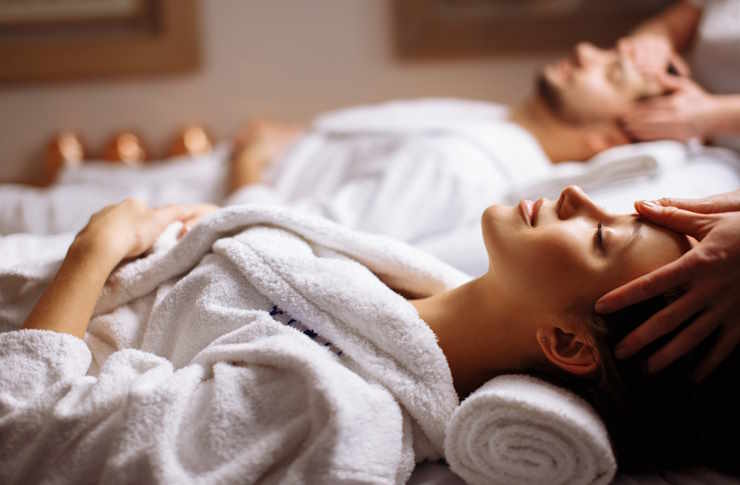Unraveling the Health Implications of Chronobiology: Your Body's Internal Clock
The human body is a well-oiled machine, with an internal clock that regulates our sleep-wake cycles, also known as our circadian rhythm. But what happens when this clock is disrupted, and how does this affect our health and wellbeing? Let's delve into the intriguing world of chronobiology, the science of biological rhythms, and uncover how it impacts our health.

Chronobiology: A Glimpse into the Past
Chronobiology is not a new field. It has roots dating back to the 18th century when French scientist Jean-Jacques d’Ortous de Mairan observed the leaf movements of plants in constant darkness, suggesting the existence of an internal biological clock. Fast forward to the 20th century, several pivotal studies in fruit flies and mice have unveiled the genetic basis of circadian rhythms, ultimately leading to the 2017 Nobel Prize in Physiology or Medicine.
The Significance of Chronobiology in Modern Health Trends
In today’s fast-paced society, disrupted sleep due to shift work, travel, or electronic device usage is common. Research is delving into the implications of such disruptions on our health. The field of chronobiology underpins many contemporary health trends, from the timing of meals (known as chrononutrition, a topic we won’t delve into today) to optimizing exercise performance based on the time of day.
The Science Behind Your Body’s Internal Clock
Our body’s internal clock primarily resides in the brain’s suprachiasmatic nucleus (SCN), a group of cells that respond to light and dark signals from our eyes. This clock controls many physiological processes, including body temperature, hormone release, and sleep-wake cycles. Disruptions to this rhythm, such as jet lag or shift work, can have significant health impacts, including increased risk for cardiovascular disease, diabetes, and mental health disorders.
The Upsides and Downsides of Chronobiology
Understanding chronobiology can unlock potential benefits, such as improved athletic performance or more effective medical treatments based on the time of day. However, getting out of sync with our body’s natural rhythms can also pose health challenges. For instance, night shift workers often experience ‘social jet lag,’ which can lead to health problems ranging from obesity to heart disease.
Key Insights from Chronobiology
-
Synchronize your activities with your body’s natural rhythms. Aim to sleep, eat, and exercise at consistent times each day to align with your body’s internal clock.
-
Prioritize quality sleep. Good sleep hygiene is crucial for keeping your circadian rhythm in check. This includes maintaining a dark, quiet, and cool sleep environment and avoiding caffeine and electronics close to bedtime.
-
Seek professional help when needed. If you’re struggling with sleep or health issues related to shift work or jet lag, consult with a healthcare provider. They can provide strategies to help manage these challenges.
In conclusion, chronobiology, the science of biological rhythms, plays a crucial role in our health and well-being. By understanding and aligning with our body’s internal clock, we can optimize our daily activities and potentially prevent health problems. As we continue to explore this fascinating field, we pave the way for new health strategies rooted in our intrinsic biological rhythms.




